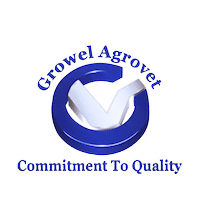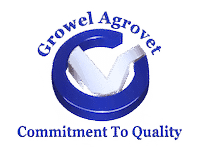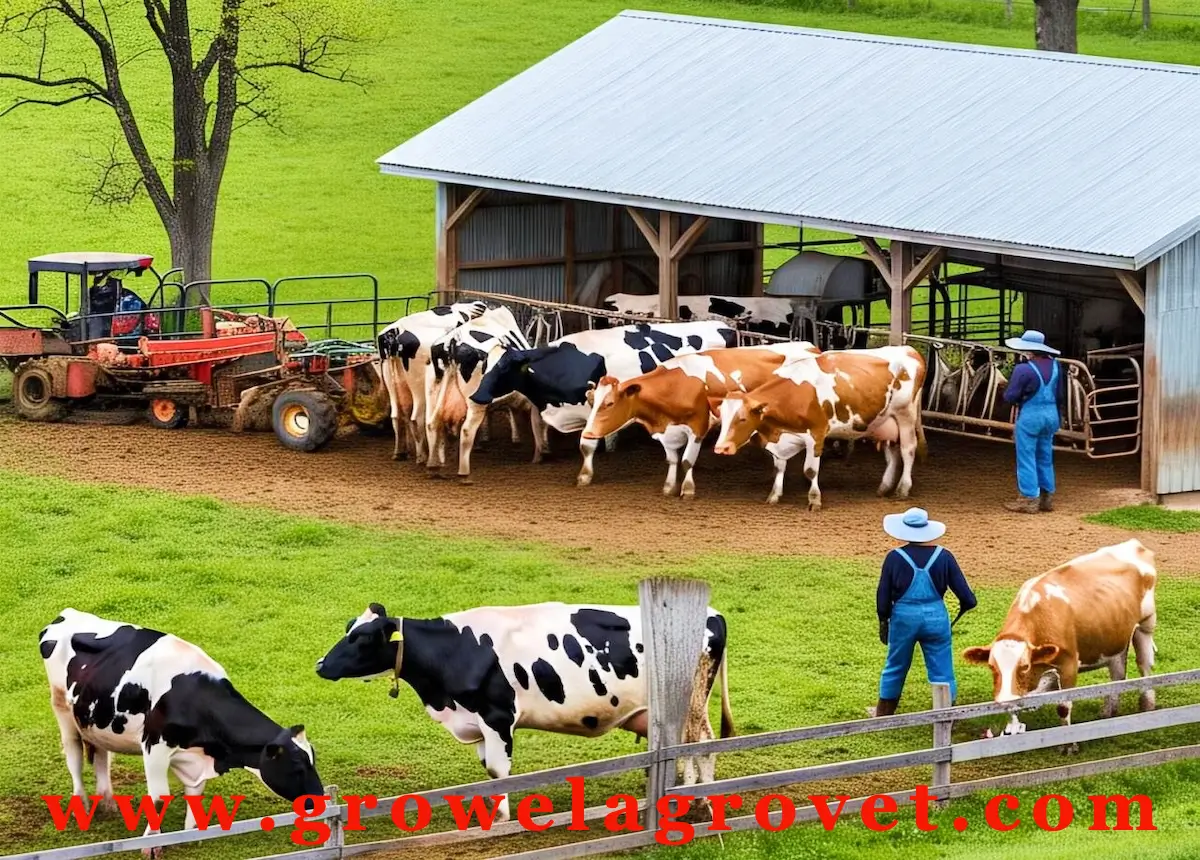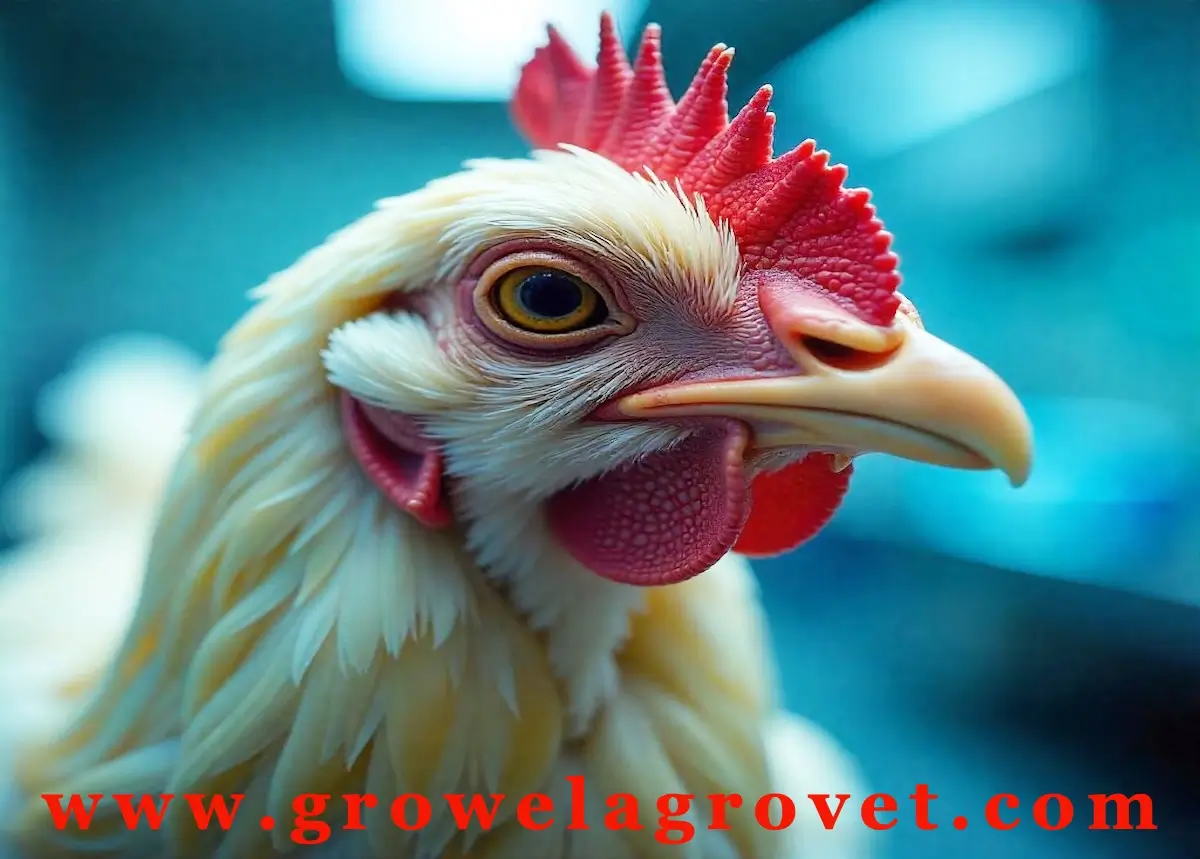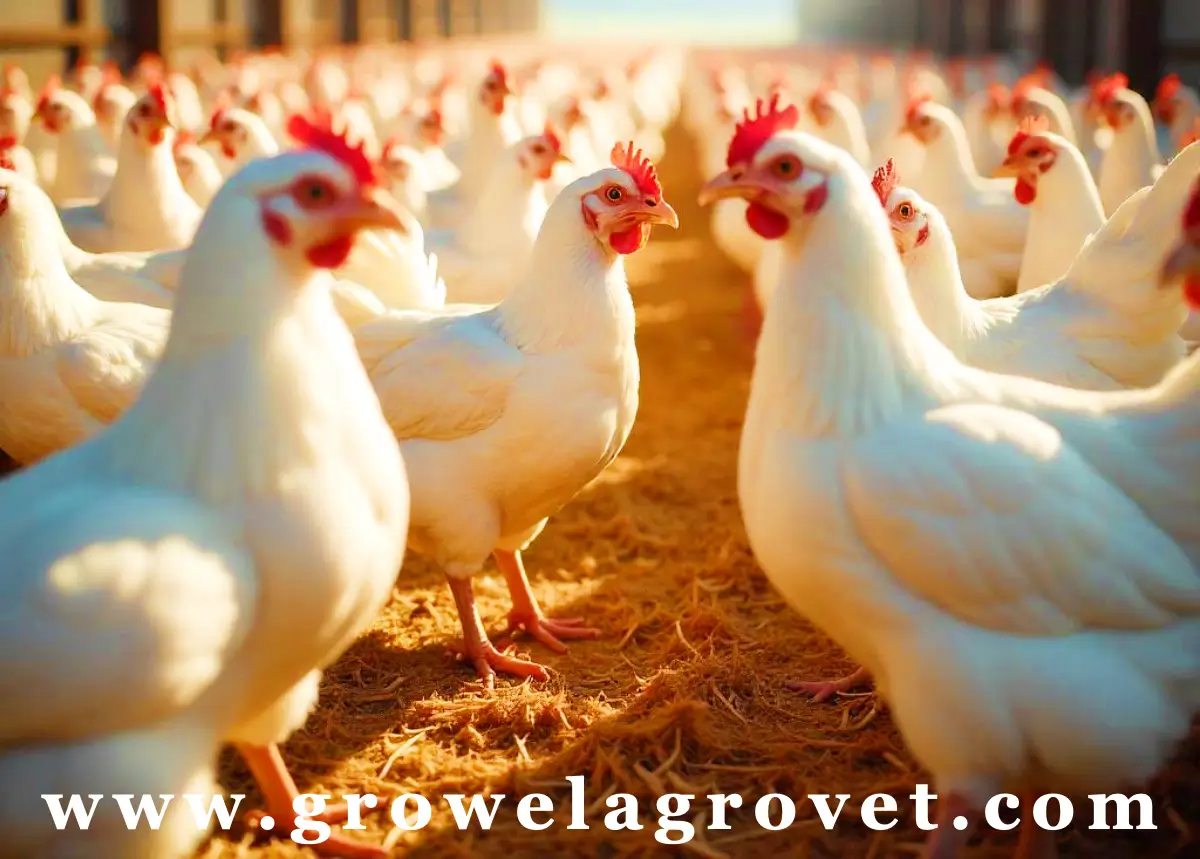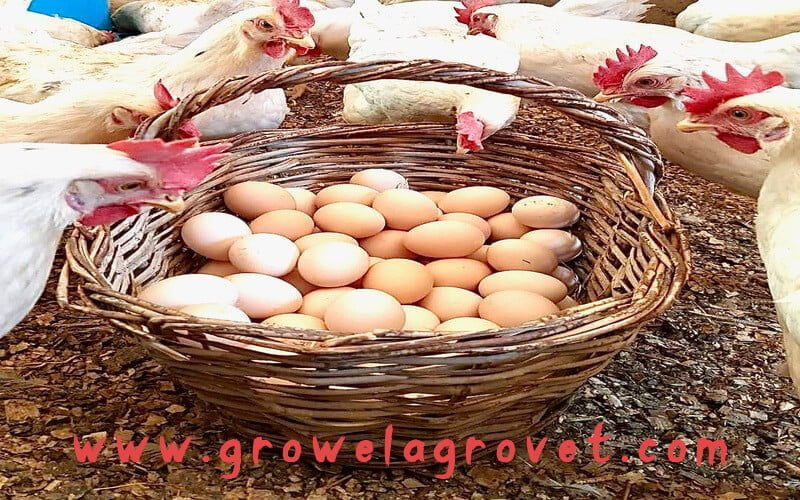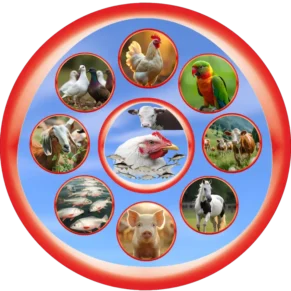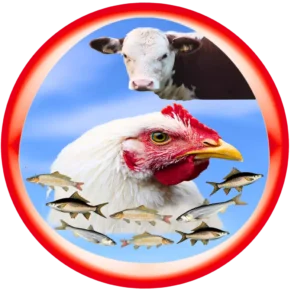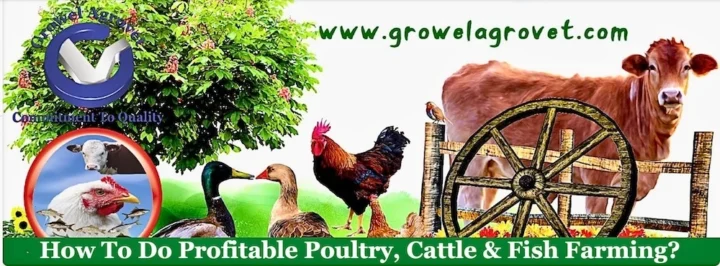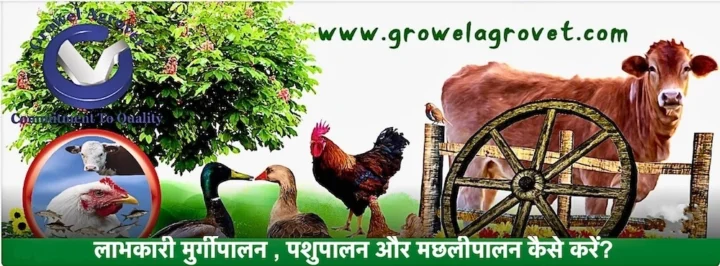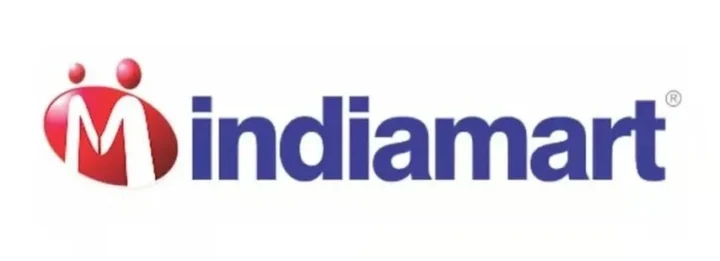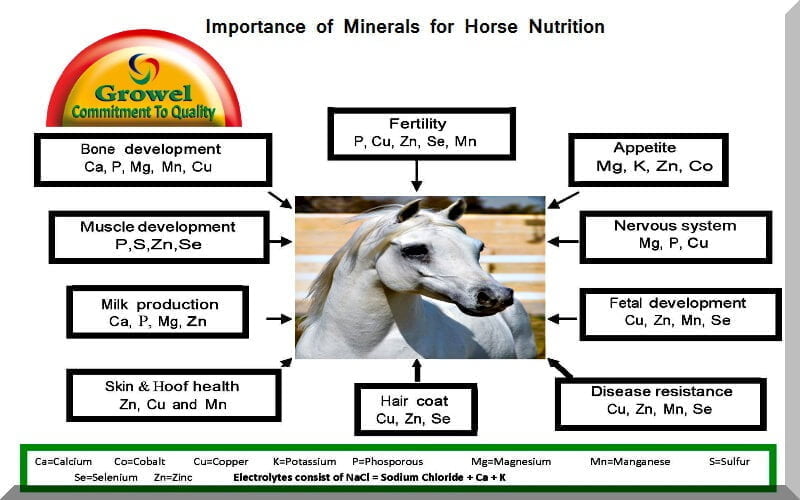 There are a variety of important minerals for horse nutrition. it is important not to put too great of an emphasis on any one particular mineral, although some do require greater supplementation than others.For example, rarely iron or iodine will be seen listed in the guaranteed analysis on a horse feed tag, but most all commercially prepared feeds will have guaranteed levels of copper and zinc. The reason for this is that some nutrients are naturally present in most forages, but others are often not present in high enough levels to fulfill the needs of today’s horse – a horse with the demands of performance placed on it.
There are a variety of important minerals for horse nutrition. it is important not to put too great of an emphasis on any one particular mineral, although some do require greater supplementation than others.For example, rarely iron or iodine will be seen listed in the guaranteed analysis on a horse feed tag, but most all commercially prepared feeds will have guaranteed levels of copper and zinc. The reason for this is that some nutrients are naturally present in most forages, but others are often not present in high enough levels to fulfill the needs of today’s horse – a horse with the demands of performance placed on it.
It is also important to give minerals supplements to horse because without minerals, horses could not metabolize fats, proteins, or carbohydrates; their muscles and nerves would not function normally; and their bones could not support their own weight.Minerals help the blood transport oxygen throughout the body, maintain the body’s acid/base and fluid balances, and are necessary components of virtually every enzyme the horse needs for everyday metabolism. They are integral parts of some vitamins, hormones, and amino acids. Yet they make up only about 4% of the horse’s total body weight (as compared to 30% to 35% fats, carbohydrates, and proteins, and about 60% water). In the case of minerals, a little bit means a lot. In this article we will discuss about minerals for horse nutrition.
Below is a quick guide to some of the basic minerals for horse nutrition and their functions :
Calcium & Phosphorus Calcium and phosphorus are important minerals for horse nutrition. Calcium and phosphorus are needed for healthy teeth and bones. Greatest need is in the first year of a horse’s life when it grows the majority of its height. Accordingly, lactating mares need higher amounts of calcium and phosphorus to keep elevated levels in their milk. Calcium and phosphorus should be at least a 1 to 1 ratio. Since grains are low in calcium and high in phosphorus, some grains are adequate to meet phosphorus requirements but not calcium needs. Therefore, additional calcium is needed to develop the 1 to 1 ratio. Horses foremost need the minerals salt, calcium and phosphorus. Salt is lost through sweat and urine so it should be available free choice to the horse at all times.
Magnesium is necessary to reduce stress and irritability. Although rare, deficiency may occur in horses on high grain diets or animals in high-stress situations. If deficient, horses are high-strung, and jumpy. Rations with significant forage generally have no problem with magnesium deficiency. Grass tetany as seen in cattle is not an issue in horses, as horses absorb magnesium much more efficiently than cattle do. Toxicities are not generally seen in horses.
Potassium has a major function in muscle activity, and acid-base balance. It may be deficient in horses on high-grain diets. Deficiency symptoms may be reduced intakes, muscle weakness, diarrhea, and a slow-down in growth. Forage is important to prevent potassium deficiency. Toxicity is not generally an issue if adequate water is provided, as excesses are excreted in the urine.
Potassium has gained most of its notoriety with the onset of HYPP in the quarter horse world. Feeding elevated levels of potassium can induce an attack in an HYPP-positive horse. Total dietary potassium in a HYPP-positive horse should be kept to less than 1%.
Cobalt is necessary for synthesis of vitamin B12 in the intestinal tract. However, the requirement is very low.
Copper is necessary for hemoglobin formation, along with iron and vitamin B12. Anemia and abnormal bone development in foals may be symptoms of deficiency. Often deficiencies occur in suckling foals, as the mare’s milk has very low levels of copper. Care should be taken with pregnant mares to feed a diet sufficient in copper during the last 3-4 months of gestation, when the unborn foal is laying down stores of copper in it’s liver to get through the nursing period without problems. Copper levels are also of great interest in developmental orthopedic diseases. Toxicity is very rare in horses, and deficiencies in mature horses are also not seen often.
Iodine is needed to make thyroxin, which controls the ratio of body metabolism. When iodine is deficient, foals may be born dead. Mares may be unable to nurse or have higher than normal naval ill when iodine is deficient. Both toxicity and deficiency lead to hyperthyroidism, due to the fact that a toxicity impairs/inhibits release of thyroid hormones, while a deficiency doesn’t allow for sufficient hormone production.
Iron is necessary for the formation of hemoglobin, which enables the blood to carry oxygen. Iron deficiency anemia is a deficiency symptom. Horses under the heavy stress of racing or showing may develop deficiency symptoms, as well as horses with chronic blood loss from parasite damage. Symptoms of toxicity can include depression, diarrhea, or increased susceptibility to bacterial infections.
Manganese is essential for bone formation, growth and reproduction. Manganese deficiency symptoms in horse nutrition may be poor growth, lameness or bowing of legs, as well as reproductive dysfunction. Most feed stuffs are rich in manganese.
Selenium is associated with white muscle disease and the death of foals. Deficient animals have muscle disorders, such as tying-up. However, greater than 5 ppm selenium in the ration may be toxic to the horse. Feed companies are not allowed to supplement selenium at a rate that would give more than 0.3 ppm in the total daily intake when fed as directed. Should be fed with Vitamin E, as they work together in the body.
Zinc gives gloss or “bloom” to hair coat and is needed for protein synthesis and metabolism. In horse nutrition needs to be kept in proper ratio with copper, with the ideal ratio being between 1:3 and 1:4 copper to zinc. Zinc is also being heavily looked at in relation to the occurrence of developmental orthopedic diseases.
Minerals for horse nutrition though needed in very small amounts but are essential for your horse’s health.You should also see Vitamins & Minerals for Horse
For a regular updates of horse nutrition & health you should join our Facebook Group How To Do Profitable Poultry & Cattle Farming ?
